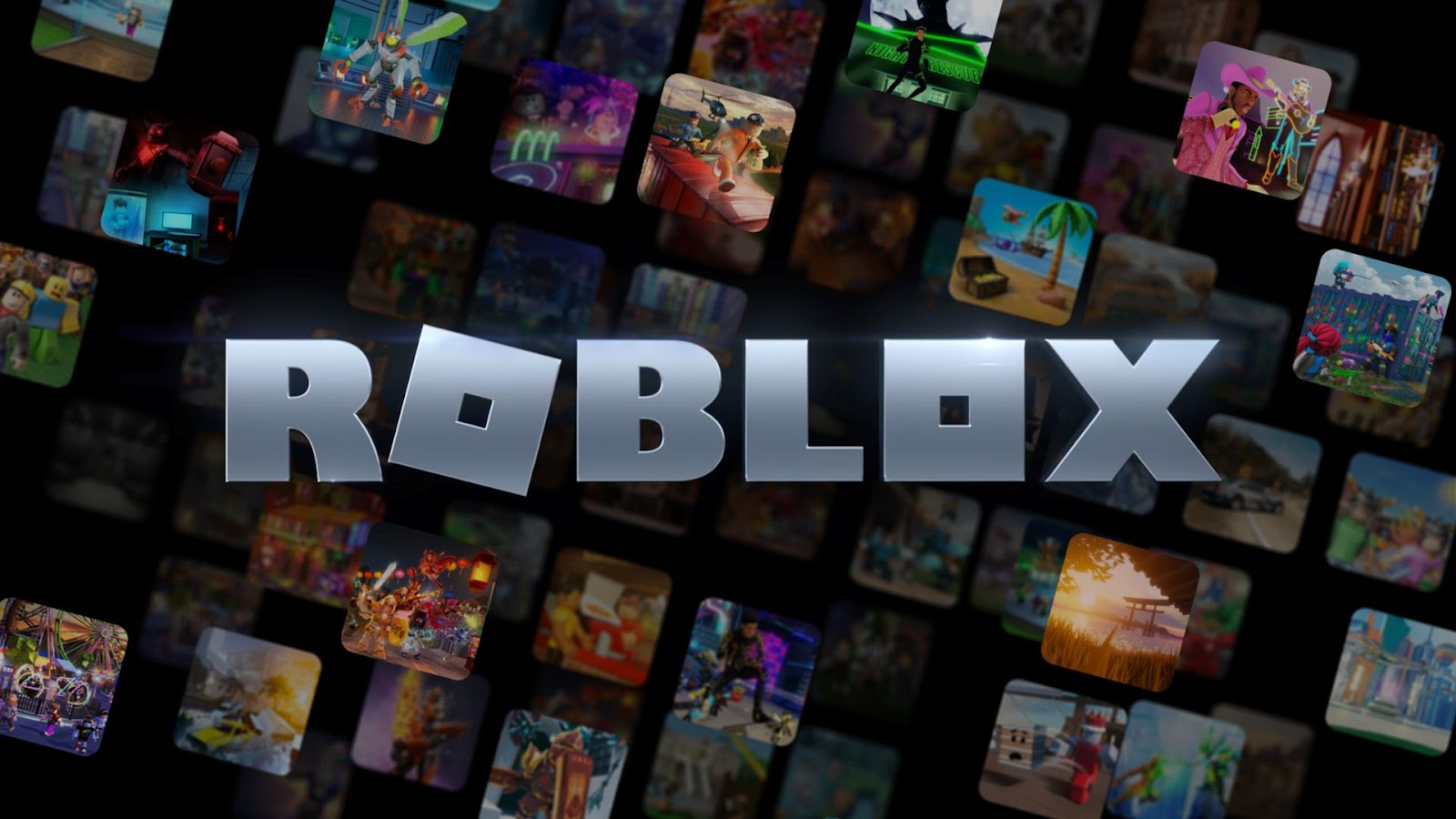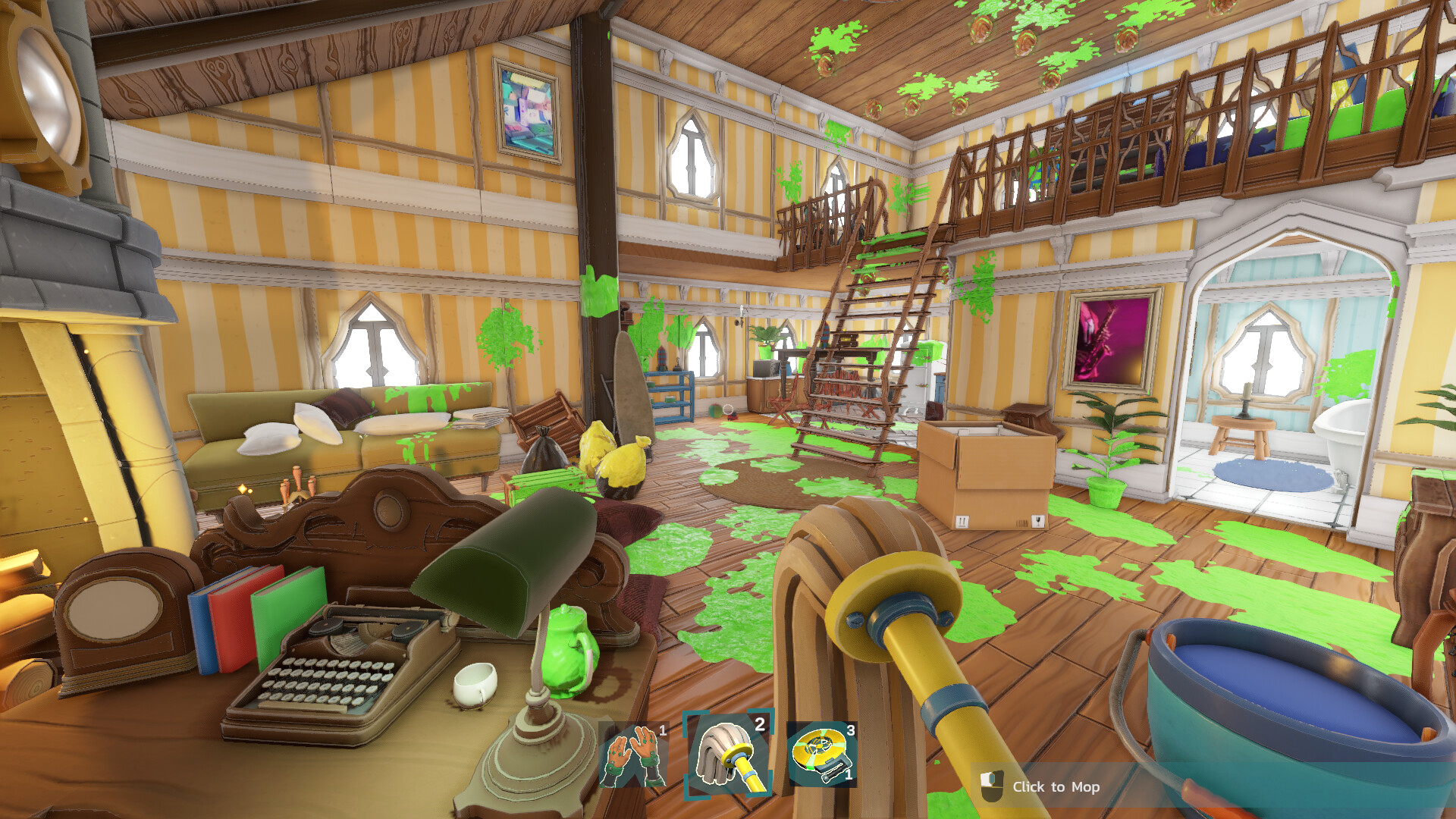You can trust VideoGamer. Our team of gaming experts spend hours testing and reviewing the latest games, to ensure you're reading the most comprehensive guide possible. Rest assured, all imagery and advice is unique and original. Check out how we test and review games here
This article has some mild to severe spoilers for the following games: Gone Home; Knights of the Old Republic; Heavy Rain; Spec Ops: The Line; Call of Duty: Black Ops II; The Beginner’s Guide; Nine Hours, Nine Persons, Nine Doors; Frog Fractions; and Hellblade: Senua’s Sacrifice.
A couple of weeks ago, Hellblade: Senua’s Sacrifice was released, and as the review embargo broke people shared the information that it had a mechanic whereby, if you died too often, Senua would not be able to continue and ‘all progress will be lost’, which was interpreted as meaning the game would wipe your save file. This was apparently a huge deal to some people. Words like ‘anti-consumer’ were thrown around. I didn’t quite understand, since that was basically how games worked originally anyway, and when something like Dark Souls wipes away a load of your progress and reduces your max HP every time you die it isn’t being ‘anti-consumer’ but ‘the best thing ever, git gud you scrub.’
Then it turned out that, in fact, that probably doesn’t happen in Hellblade, and it only says that to scare you and take the threat that Senua feels seriously, and people were angry about that as well, for some reason. But I think that the fact it was a lie makes it better, or at least confirms Ninja Theory is very smart in how it lied to us.
Media, in all forms, has a long and proud history of being untruthful. In Fight Club we were led to believe Brad Pitt is a real person, when the ‘In America’s National Parks’ GQ cover feature clearly proves he cannot be. Wuthering Heights is a story told by an unobservant man, who is recounting a story told by a biased housekeeper, which makes two layers of unreliable narrator interpretation plastered over what actually happened; for all we know Cathy might’ve hated Heathcliff. What is M.C. Esher but a talented liar in pencil? There’s no reason games shouldn’t lie as well.
/https://oimg.videogamer.com/images/dd7a/gone_home_8.jpg)
I don’t mean when a character in a game lies to you, because that’s part of the game’s plot. I also don’t mean when a game has quote unquote lied in marketing about what it is. No Man’s Sky was not exactly what we had been expecting on release, either because of Molyneaux-esque enthusiasm, everyone getting too hype for their own good, or Sean Murray being a horrible bastard, depending on who you listen to, but that isn’t what I mean (and NMS continues to receive dev support anyway). I mean when the game itself makes us believe something that isn’t true.
Gone Home is an interesting one, because some people seem to think it was deliberately marketed as a horror game (I’ve seen at least one person claim it was clearly meant to be a horror game but the studio ran out of money at the last minute, which is how games development works, obviously). I can’t actually find any evidence that it was marketed explicitly as a horror game over just sort of looking like one; it’s categorised as an adventure game on Steam and describes itself as an ‘interactive exploration simulator.’ But it does fool you into thinking it’s a horror game when you start playing it, and then at the end you find out it hadn’t been that all along. People who like Gone Home seem to think it’s fantastic precisely because of that.
Subverting your expectations as far as story goes is fairly common in games, and one could argue it isn’t properly lying, either, just a good ole’ lie by omission. Heavy Rain never tells you you’ve been playing as the killer, and Knights of the Old Republic doesn’t tell you you’re the Exile, but they don’t not tell you either, and both times are huge ‘Oh s***!’ moments in my permanent gaming memory. Other times, games use hallucinations or ‘brainwashing’ as in Spec Ops: The Line or Call of Duty: Black Ops II. These are both first person shooters where the character you play as hallucinates a character who doesn’t exist, but you don’t find this out until near the end of the game — because, of course, you are that character, so you believe what they, i.e. you, are seeing.
/https://oimg.videogamer.com/images/f325/heavy_rain_1-141910.jpg)
There are also times that game will try and trick us mechanically. Fake technical errors, game overs and crash screens have been used a few times, to great effect, a good recent example being in Batman: Arkham Asylum. Frog Fractions has fake credits, as well as a whole other mess of stuff you probably weren’t expecting when you sat down to play.
Just like Emily Brontë, games can make great use of unreliable narrators, some of whom actually change the events of the game as you’re playing it and they’re describing it. The narration in The Beginner’s Guide misleads you quite egregiously, and is even more convincing because the narration is framed initially as just an opinion, and is delivered by Davey Wreden, who made it, as himself. The Beginner’s Guide has multiple interpretations as a result. All these games mislead you, but it’s often the most memorable, wonderful part of them, so it pays off. Indie games in particular have realised it’s a potentially interesting vein to tap.
Games have an opportunity to lie to us a bit differently than other media, because when they tell a story — if they choose to — it usually requires some kind of actual input from the player to move it forwards. A book can lie to us about the story it’s telling, but it can’t lie about our own interaction with it, really. A book, currently, could not tell you that you have to turn a page to read it and then do something like snap itself shut when you tried (although to be fair there are experimental formats where, for example, the book is a collection of separately bound stories that you can read in any order). In Portal 2, you’re told to speak and the button prompt makes you jump instead, which is very effective as a one-off joke, the joke being that your character might have brain damage after being in suspended animation for too long.
When Hellblade tells you that ‘all progress will be lost’ if the rot grows too far up Senua’s arm, it’s doing a similar thing. It’s the only time the fourth wall is broken in that way. At no other point in the game does it speak directly to you, the player, and at no other point does text come up on screen to explain a mechanic. It makes us believe it must be true, even though when you play the game you can see the rot does not move up Senua’s arm very convincingly. We might believe that pieces in the game are untrustworthy with the framework the game has created, but we’re trained to believe the game itself when it gives us instructions, because what other option do we have? It would be very unnerving if the Monopoly board refused to let your piece out when you presented a Get Out Of Jail Free card. Perhaps this is why the Hellblade permadeath thing prompted such a lot of discussion, although it’s very reason I think how it’s handled in the game is very, very clever. It’s the only time in Hellblade we’re told anything in a way we instinctively trust.
/https://oimg.videogamer.com/images/1137/xcom_2_58.jpg)
The funny thing is that games do this surprisingly often, just without telling us. XCOM 2 lies about your chances of success, secretly buffing your shots depending on your difficulty setting, and base weapon stats in a lot of multiplayer games like The Division are described by players as ‘inaccurate’ if they’re being diplomatic or ‘generally f***ed’ if they’re not. My favourite example is that I was recently told by a game dev (who wished to remain anonymous) that the afterburner on the Batmobile in Arkham Knight does absolutely nothing. The car is already moving at the collision limit of the engine, so boosting just changes the FOV and adds some wooshy screen effects to make you feel like Batman has hammered the big red go faster button.
In Nine Hours, Nine Persons, Nine Doors, the first in the Zero Escape series of visual novel games, there are multiple time limits for specific puzzles, as in ‘solve this in 13 minutes or you’ll be incinerated’ time limits, or ‘you’re locked in a slowly flooding room’ time limits, except of course they don’t apply. Even the framing conceit that you have to escape in nine hours isn’t true. There are actually no practical time limits in the game at all.
Games usually have a good reason for deceiving us: either so we’ll enjoy it more when the deception is revealed, or to create an atmosphere the game wouldn’t have without it. Either way, I’m a fan of little lies in games. I’m even a fan of the massive great hulking ones. I think we all are really, or we wouldn’t let ourselves believe them so easily.
Star Wars: Knights of the Old Republic
- Platform(s): Android, iOS, macOS, Nintendo Switch, PC, Xbox, Xbox 360, Xbox One
- Genre(s): Action, RPG







